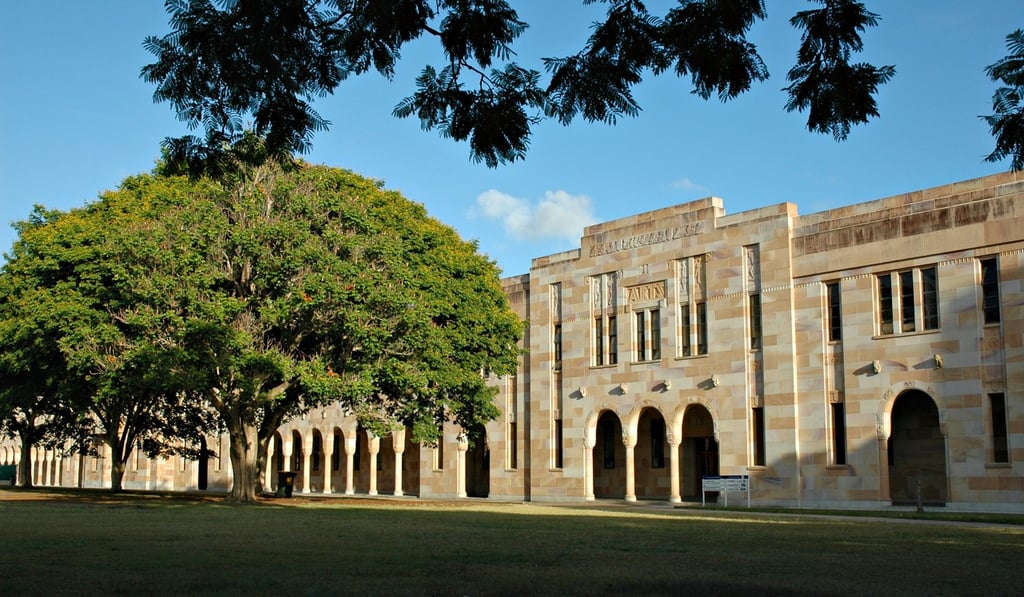Advertisement
University of Queensland braces for protest over China’s Confucius Institute and free-speech concerns
- Organisers say university did not condemn violence when pro-Beijing and Hong Kong groups scuffled last week
- But others on campus say protests are just worsening domestic racism against Chinese
Reading Time:4 minutes
Why you can trust SCMP

The University of Queensland, which was the site of clashes between Hong Kong and pro-China demonstrators last week, is bracing for a protest set for Wednesday by students accusing it of bowing to Beijing’s influence and not protecting free speech.
A group calling themselves Transparency 4 UQ say administrators have not been up front about an agreement signed by the university to host a Confucius Institute – a Beijing-funded school that provides language and cultural education but steers clear of topics deemed sensitive in China. They also say the institution has failed to explicitly condemn violence by members of the pro-Beijing group last Wednesday.
Canberra is currently investigating whether agreements between Australian universities and their 14 Confucius Institutes have violated anti-foreign interference laws passed last year. The Sydney Morning Herald last week published the contents of 11 Confucius Institute contracts showing several universities had given the schools ultimate control over “teaching quality”.
Advertisement

The Queensland institution’s links to Beijing came under further scrutiny when it emerged it had appointed Xu Jie, the Chinese consul general in Brisbane, as a visiting professor of language and culture. A university spokesman said Xu had been appointed until December 2021 as an adjunct professor – an unpaid, non-teaching position. Such appointments were “common practice”, the spokesman added.
Drew Pavlou, 20, one of the organisers of this Wednesday’s demonstration, said: “The purpose of the protest is to show we will protest for free speech no matter what. We will never be intimidated by violence.”
Advertisement
Select Voice
Choose your listening speed
Get through articles 2x faster
1.25x
250 WPM
Slow
Average
Fast
1.25x